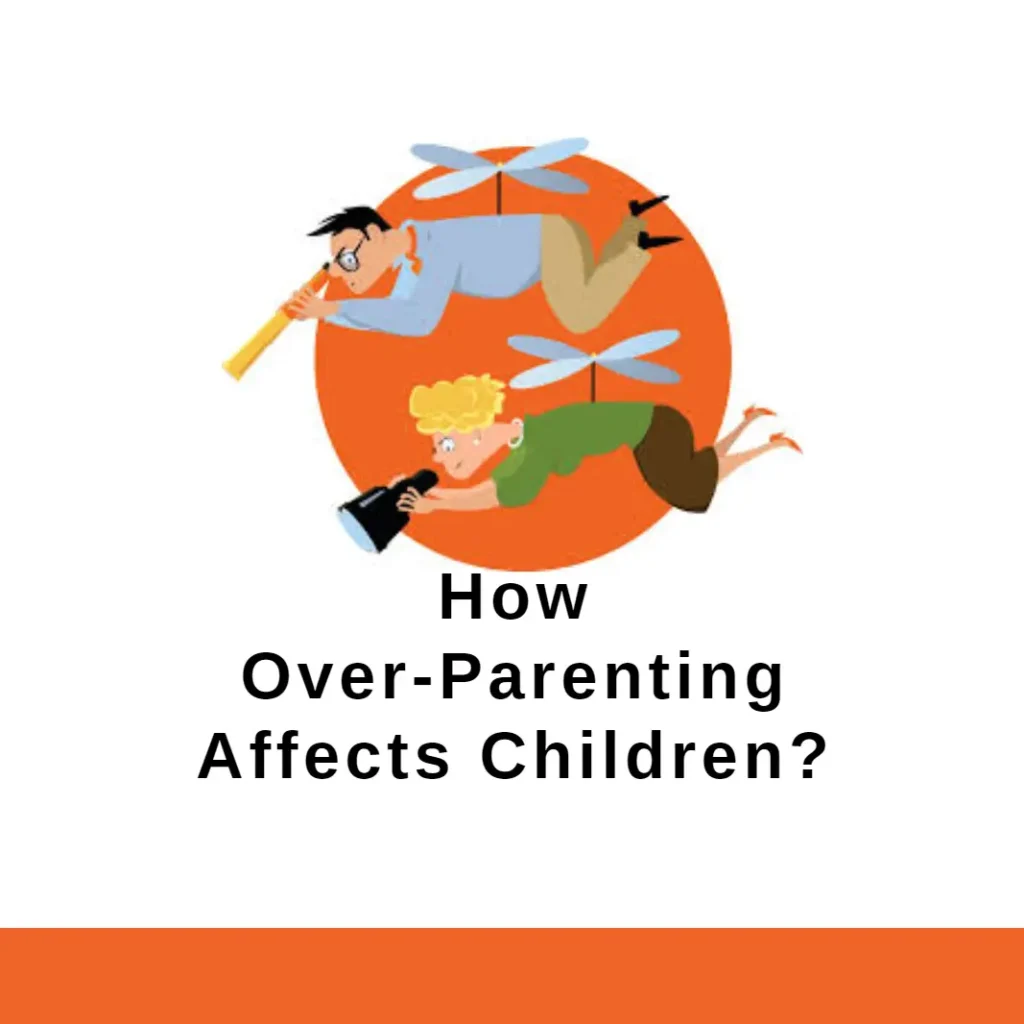Understanding if a school is the right fit for your children has its own process and method to it. It is around this decision that parents typically get into a conundrum on how many schools should I look for, what is a good school for my child, and how I shouldn’t be overdoing this process; after all, there are so many other children too going to these schools.
Each of us, as a parent, has our own process. As a parent, I always rely a lot on the principal, the vibes in the school, and does the school provide a pleasant environment or is it too anxiety driving. You can get a sense of it once you stay and talk to a few teachers and the principal around. You can get an understanding about whether they’ve a friendly and productivity driven culture or do they have a narcissistic top down culture. My child is going to spend a significant amount of time around these teachers, and more than anything I want them to be exhibiting the best character and I want to check if the teachers and the environment is a healthy environment for my child.
We set out the most important factors, and not all of us will have the same set of factors. These factors are for reference and are shortlisted among 33 factors that parents around the world considered important from peer reviews to proximity to neighborhood. Here are the ten most important factors.
- Your Gut-Sense of The Principal
Talk to the principal at the school at least for 30-45 minutes about your family, your children, the specific child under discussion, his daily routines, plans, behavior, and understand from the Principal about the history of the school and how the principles behind that run this school. This provides you with not only data about things, but it also gives a good soft sense in your gut on whether you and your kid are at the right place or not. A principal is the top job at a school, and often is the man or woman who drives the cultural values in the institute. So, if the principal is not a person of values, it is a huge red flag and you might’ve to search elsewhere immediately.
- Diversity
If a school has a good mix of multi-cultural and multi-ethnic backgrounds, then it tells us that the school “walks the talk” and they’re serious about their principles and values. Diversity encourages mutual respect and a healthy attitude towards each other.
- Agreeableness
While a school essentially runs on discipline and rules, sometimes it is important for the school to understand and make some exceptions. For example, if a person who is neurodiverse needs a support teacher, is the school willing to provide a temporary teacher until they find one support teacher for the student. These small things matter and they give you an idea about who they truly are in their hearts.
- Sports & Extra-curriculars
As we discussed in the previous post on character development in kids, a school can do a lot in developing the character of a student along with academic knowledge. Sports and Extracurriculars are important in this perspective, and a school with very less focus on these segments is also a red flag. It is important for your child to participate, collaborate in teams, and play sports and win or lose shoulder to shoulder with his or her peers.
- Teacher Quality
There are two important measures of teaching quality – the teacher absentee rate and the percentage of teachers who are doing this job for the first time. If a school has too many new teachers, then it could be a cause for concern. This shows that the school is unable to retain good teachers and the churn could’ve serious consequences on learning levels of children.
- Parent Review
Talk to at least 2-5 parents from the school. Ask the school for some parent references and see how comfortable they are about it. Talk to a PTA officer and understand his or her perspective.
- Average Scores
If Average Scores of the school are in the 70th percentile then that is a good sign. Ask parents of senior students and talk to the senior students about the positives and negatives of the school, and any specific academic issues faced by the senior students. A school with good average scores is a good indication that few things are going wrong there. But, it is important to listen from the students.
- New Teaching Methods
It is important for any school to continuously improve their methods and tools of teaching. So, the school should include this in their teaching policies and culture. A good school appreciates that a teacher needs preparation time and some time to think about new methods. Often, the most effective schools are also investing time in new methods and new innovations for the betterment of the students. Again, be careful, we’re not talking about a school spending big money on innovative methods and putting robots. We’re talking about – are they investing their time and energy into it? Are they keen on it?
- Safety
It is important for your child to feel safe in the school environment. We all are of different kinds of personalities, some are silent, some are talkative, some are intrinsic, and some are extrinsic. One of the most common fallacies is that the world is designed more for extroverts, and hence it also rubs into schools. But, it is important that the school provides all the power and supervision to ensure all are treated equally and there is no inherent bias, making the children feel unsafe.
- Observe How Children Are When They’re Going Into The School
Go to the school one day and park your car outside. Observe how the students feel and emote when they’re entering the gates. You don’t need to ask 30 students outside what is going on – you can get a feeling for what it is like. And, like all important things, while the mind says everything is good if your heart says otherwise, listen to your heart.
Hope this is useful, thank you.
You may like to read: How Over-Parenting Affects Children?, Types of Parenting Styles, & Online STEM Classes for Kids




